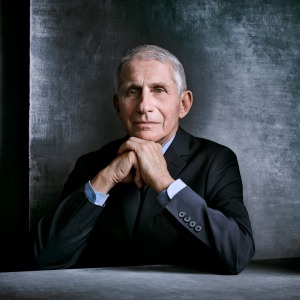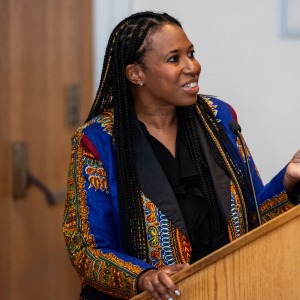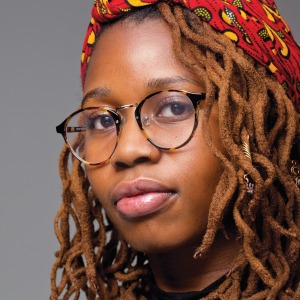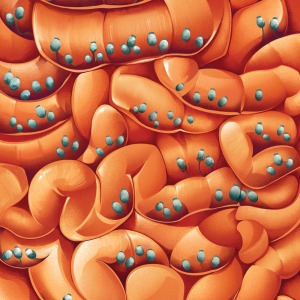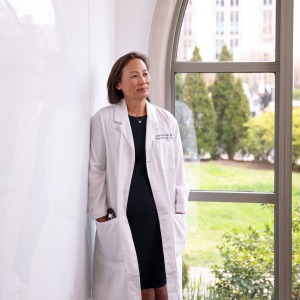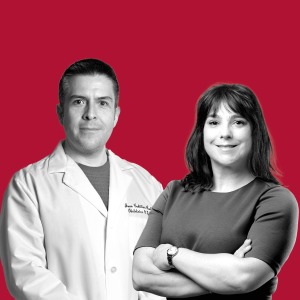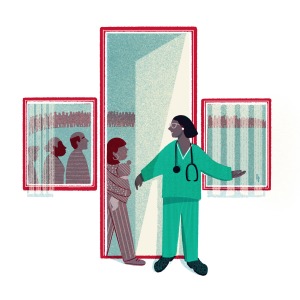Medically speaking, Hughes was in the best of hands. Cancer surgeon Dr. Douglas Scherr, professor of urology and clinical director of urologic oncology at Weill Cornell Medicine, removed her tumor-filled bladder. Oncologist Dr. David Nanus, the Mark W. Pasmantier Professor of Hematology and Oncology in Medicine, then oversaw her treatment with four rounds of a three-drug chemotherapy regimen. When the last round was done, her cancer appeared to be in remission.
But after months of complications, including bowel obstructions and infections, a surgery in August 2018 revealed multiple small metastatic tumors in her abdomen.
Traditionally, care options at this point were limited. More chemo was one, though it usually didn’t buy much time, and her doctors worried that Hughes might be too weak to withstand treatment. The other option was palliative care, to help with pain.
But Dr. Nanus had recently begun treating some patients with a new, much less harsh non-chemotherapy treatment, pembrolizumab (Keytruda™), which the Food and Drug Administration had just approved for use as second-line therapy against certain advanced cancers, including bladder cancer.
Pembrolizumab belonged to a promising new class of treatments called immune checkpoint inhibitors. The immune system has built-in checkpoints it uses to keep its activity within healthy limits, and tumors typically find ways to exploit these off switches to blunt the immune response against them. Pembrolizumab was designed to prevent tumors from hitting one of the most important off switches, the PD-1 receptor, and thereby allow the immune system to mount a more effective attack. Clinical trials, including pioneering trials led by Dr. Jedd Wolchok, appointed in 2022 as Meyer Director of the Meyer Cancer Center, had shown that checkpoint inhibitors could sometimes bring dramatic and durable remissions in patients with advanced cancer.
Studies also had found that checkpoint inhibitors, like other immunotherapies, tended to be more effective against highly mutated tumors. When Dr. Nanus sequenced Hughes’s biopsied tumor tissue, he found that it had a high mutation burden.
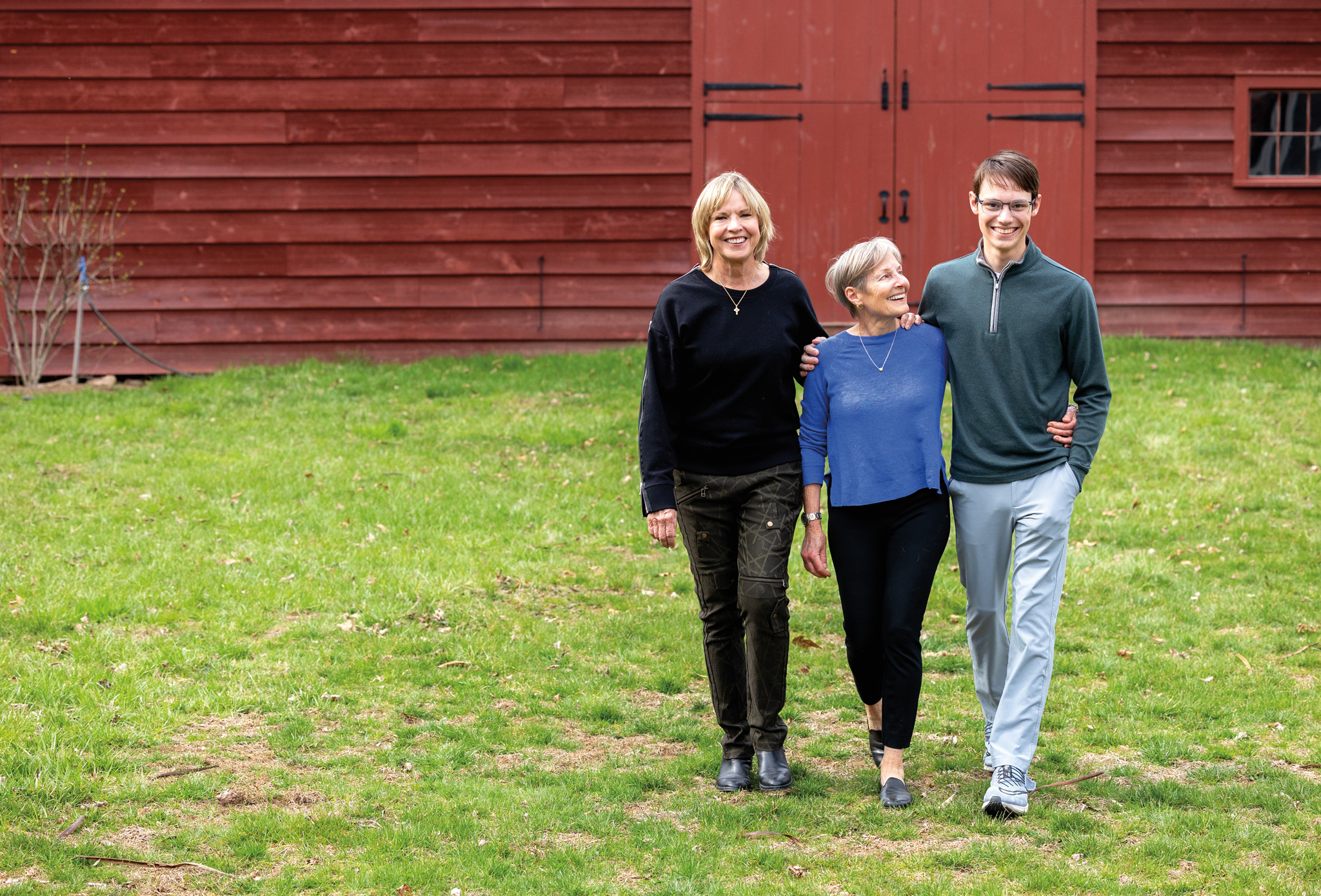
Hughes and Kayes with their 17-year-old son, Justin Kayes-Hughes. Their daughter, Ashley, was away at college at the time this photo was taken.





